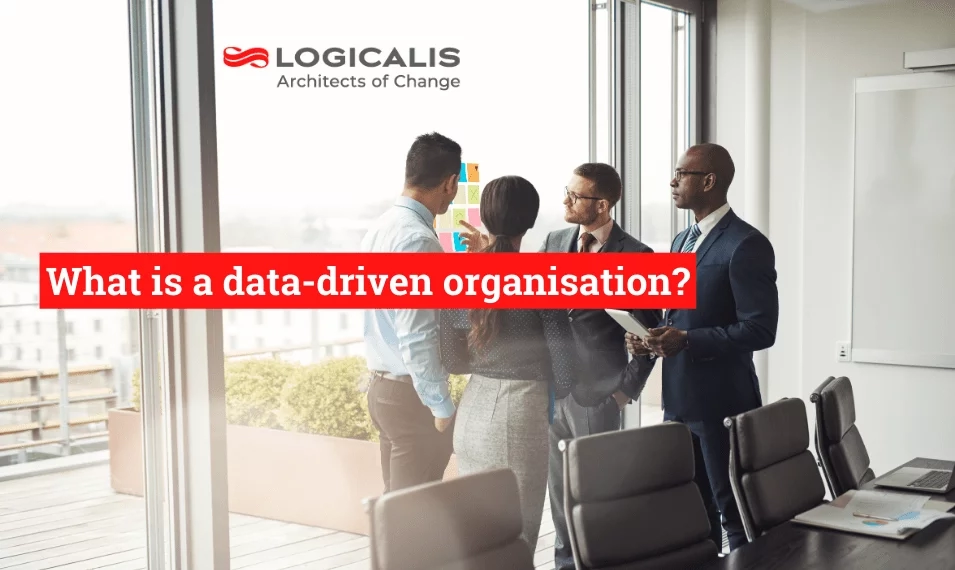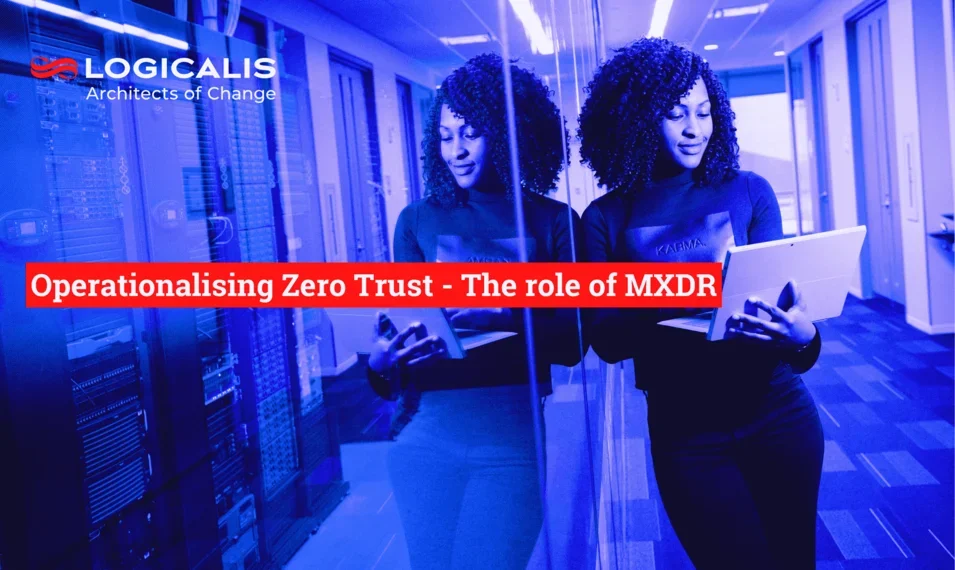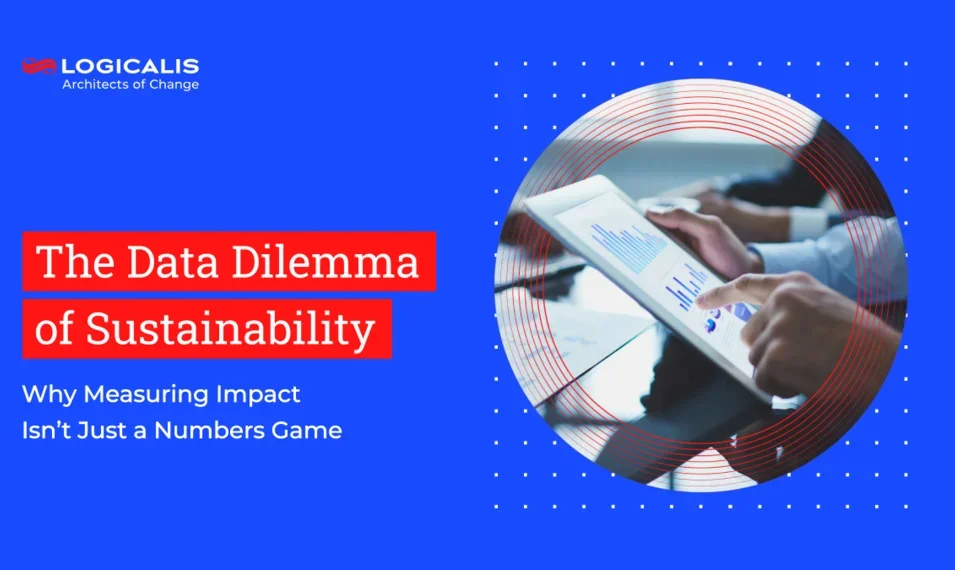
South Africa, Jul 23, 2024
Describing an organisation as data-driven or urging businesses to become data-driven is a popular topic in ICT. As the business environment becomes more reliant on actionable data and informed decisions based on that data; we can expect references to being data-driven to increase.
But what does it mean to be a data-driven organisation exactly? What defines such an organisation and what does such an organisation do when it comes to data management practices?
Data-driven organisation defined
Data-driven organisations are defined by their approach of building their executive strategies and decision-making processes on a foundation of robust data systems.
Sounds simple enough, but we’ve seen that it can be much more difficult to put into practice. Many organisations still have entrenched cultures where decisions are made based on a variety of factors outside of data. These include decision-making based on:
Intuition: Managers make decisions based on “gut” feelings. Although it’s popular to “go with your gut”, often these feelings can be fickle and valuable insights from data can be missed.
Tradition: “We’ve always made decisions this way”. Tradition can often stifle innovation and progress if the organisation holds to it dogmatically instead of embracing new insights from data.
Outdated data management systems: Whether due to budgetary constraints, skills shortages, or comfort with existing tools, organisations often rely on outdated data management software and tools which may be unsuitable for their changing data needs.

What makes a data-driven organisation different?
Where traditional organisations rely on hierarchies, traditions and outdated systems, a data-driven organisation leverages data as a central pillar of its decision-making process. A data-driven organisation also has more flexibility as changes in the business environment can be identified faster and responded to dynamically.
Data-driven organisations also have organisational cultures that encourage data literacy and empower employees to make the best possible decisions based on the best data available to them.
It’s common for data-driven organisations to have data management woven throughout the businesses from strategic to operational levels. Data also helps these organisations to accurately judge the performance of processes, workflows and employees.
Subjective assessments can miss vital information, whereas data analytics can offer a better understanding.
Perhaps the most important of all is that data-driven organisations are much more responsive to the needs of their customers. Deep insights into customer needs are possible which allow the organisation to craft customised customer experiences, targeted marketing campaigns and achieve competitive advantages in their market.
Becoming a data-driven organisation
Chief Data Officers (CDOs) and other strategic leaders in the organisation must take a leading role in developing a data-first approach and promoting data literacy.
According to Gartner: “If your organization does not have this executive role, push for its creation. Not every company needs to adopt the CDO title, but every company does need someone to adopt the tasks of prioritizing or leading its data and analytics strategies.”
Data competency can be developed internally or with the assistance of a partner such as Logicalis.
For more information on how we assist with developing data-driven platforms, visit our solutions page here





















